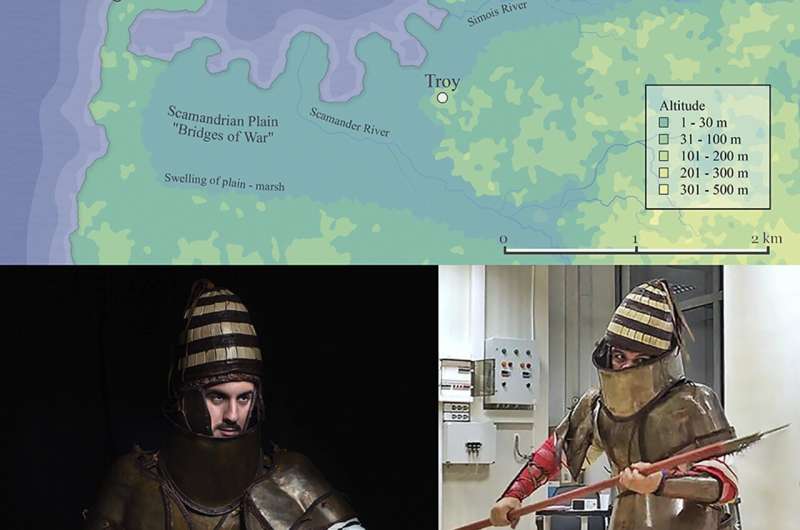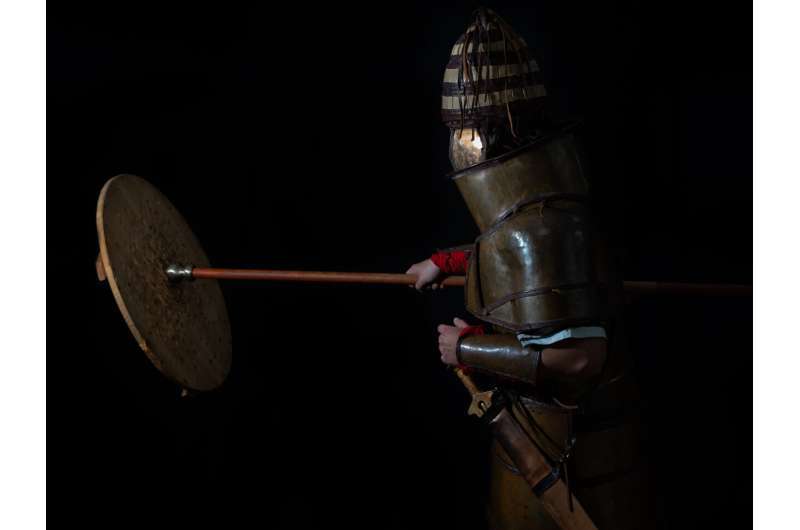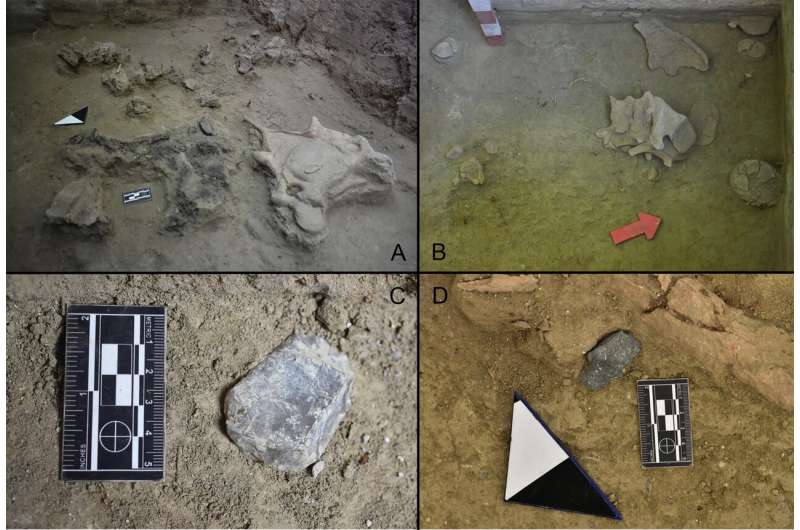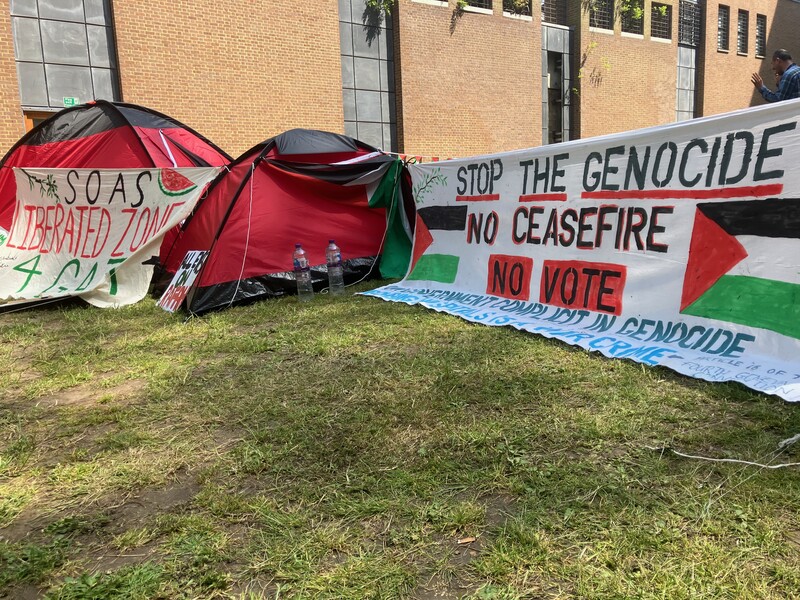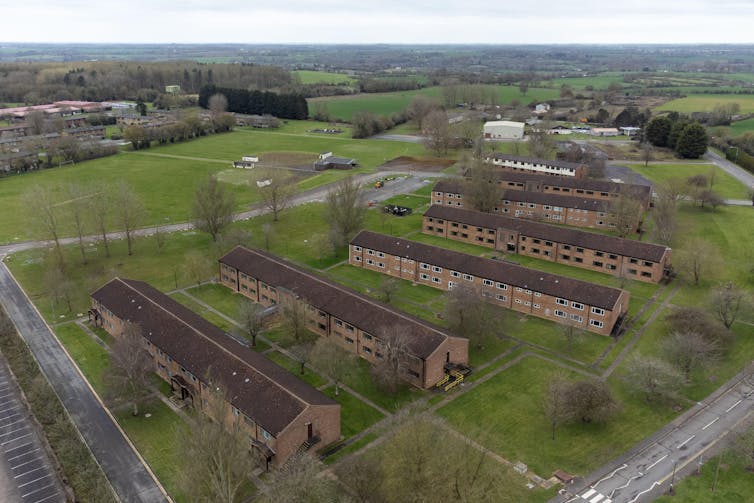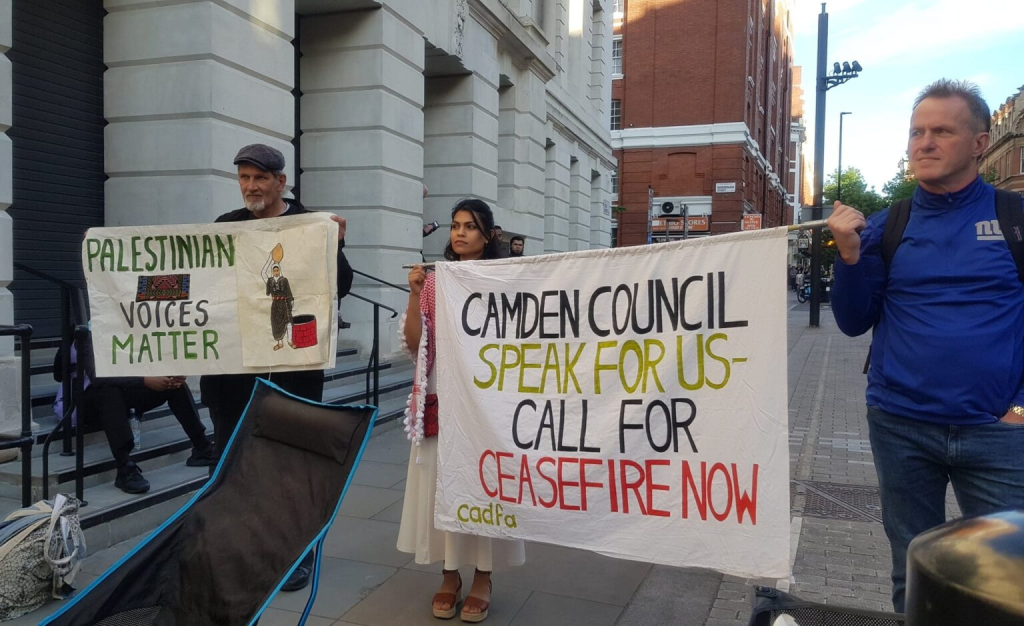US Envoyto India said the NISAR project, a joint Earth-observing mission between US space agency NASA and the Indian Space Research Organization (ISRO), is also likely to be launched by the end of the year.
PTI
Updated on: 22 May 2024

Spacewalk on the International Space Station File Photo
America will send an Indian astronaut to the International Space Station by the end of the year, US envoy to India Eric Garcetti said on Wednesday.
He said the NISAR project, a joint Earth-observing mission between US space agency NASA and the Indian Space Research Organization (ISRO), is also likely to be launched by the end of the year.
“We are going to put an Indian astronaut into the International Space Station this year.
“We promised when PM (Narendra) Modi came (to the US in 2023) that by the end of this year, we will do this and our mission is still on track to be able to go in space this year,” he said.
The US ambassador was speaking on the sidelines of an event to mark the 248th Independence Day of the United States.
He said both India and the US should look at coordinating research and critical emerging technology so that they can increasingly leverage each other’s strengths.
The diplomat said India landed ‘Chandrayaan 3’ on the Moon last year at a fraction of the cost that the US incurred on a similar lunar mission.
“The US has some capacities that India still doesn't have today. When the two are combined, both countries have those capacities,” he said.
On the civilian nuclear energy arena, Garcetti said post elections, the Indian government can address outstanding liability issues and move forward “arm in arm and hand in hand”.
Two sites in India – Mithi Virdhi in Gujarat and Kovadda in Andhra Pradesh – have been earmarked for US companies to build nuclear reactors.
However, the companies have raised concerns over the Civil Liability Nuclear Damage Act 2010, which provides for prompt compensation to the victims for damage caused by a nuclear incident through a no-fault liability regime.

